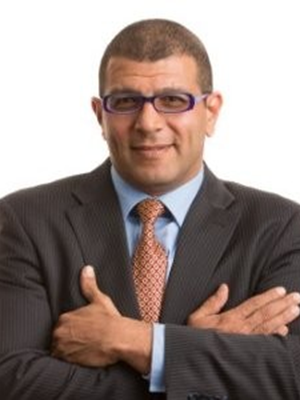Welcome to the age of the Crypto elite – a new tribe of self -taught millionaires, supplied not by family dynasties or works scales, but by cryptographic keys and intelligent contracts. They not only reshape the way in which wealth is created, but where the power – from Silicon Valley to Herzliya, from Brooklyn to be Sheva.
In mid -2025, there are more than 182,000 Bitcoin millionaires worldwide – in addition to 17% against only six months ago. Behind the figures? An exhilarating mixture of increasing institutional adoption, ETF Spot and a conviction that Bitcoin is the digital real estate of the 21st century. Total Global Crypto Wealth overshadowed $ 1.3 billion of dollars, and while only 28 cryptographic billionaires exist today, their collective influence competes with that of traditional technological titans.
And Israel? He strikes well above his weight. With more than 250 blockchain startups, Tel Aviv becomes a decentralized capital in its own right. From layer 2 DEFI to Bancor and Kirobo to NFT and DAO infrastructure leaders like Fuse and Wonderland, the cryptographic scene of Israel mixes the CHUTZPAH of its startup culture with the precision of military quality cybersecurity. Add a global diaspora and pro-innovation regulators, and you have a perfect storm.
The new Elite crypto was not born in the privilege – they are built on the bear market. In the United States, crypto adoption rates among black and Hispanic communities have exceeded those of white investors at similar income levels. They are not heirs of Wall Street – These are Tiktok coders, part -time Uber drivers and former IDF cybersecurity officers who saw the writing on the blockchain early and have spared chaos.
Millennials and generation Z dominate demography, with 72% of crypto users under 34 years old. They do not buy Rolex or Rolls-ryces. Instead, they live modestly, stack the SAT and pay capital in the DAOS, NFT and protocols DEFI with names that look more like play guilds than banks. And while men still represent 63 to 67% of users around the world, the segment of cryptographic investors who know the fastest growth is women in Vietnam, Nigeria and yes, such as Aviv.
What they share is not a postal code but a state of mind: global, mobile, native digital and not to slope by the institutional baggage of Wall Street or the Bank of Israel.
 Prof. Ilan Alon Photo: Courtesy
Prof. Ilan Alon Photo: CourtesyThis new elite does not only play on the markets – they shape them. In the United States and Israel, cryptographic wealth flows into luxury real estate. In Herzliya Pituach and the Miami Brickell district, Bitcoin mortgages are no longer science fiction. Citizenship programs by investment in Malta, Portugal and Oman see overvoltages among candidates with wallets, not W-2.
Some even become stateless by choice – the cosmopolitan crypto who renounce traditional citizenship for financial sovereignty. This trend is to reshape geopolitics, forcing political decision -makers in Jerusalem and Washington to face a new type of economic migration: one where active borders cross before the people.
But everything that shines is not gold (or tokenized)
Despite all its promise, this cryptographic revolution has a dark side. The environmental assessment of mining, the threat of unregulated volatility and the rise in “false rich” pseudonyms accounts which confuse the lever effect of liquidity. The Israeli securities authority and the SEC began to tighten surveillance, but the pace of innovation always goes beyond the game book.
And although crypto can decentralize the way money is earned, it does not automatically democratize who can do so. Even while Israel is launching blockchain sandbox and the United States authorizes FNB Crypto, wealth remains concentrated. The question is: are we leveling the rules of the game – or simply by hitting a new elite club with different passwords?
-
Prof. Ilan Alon is a business and economy professor at Ariel University and expert in international economics and cryptocurrency.


